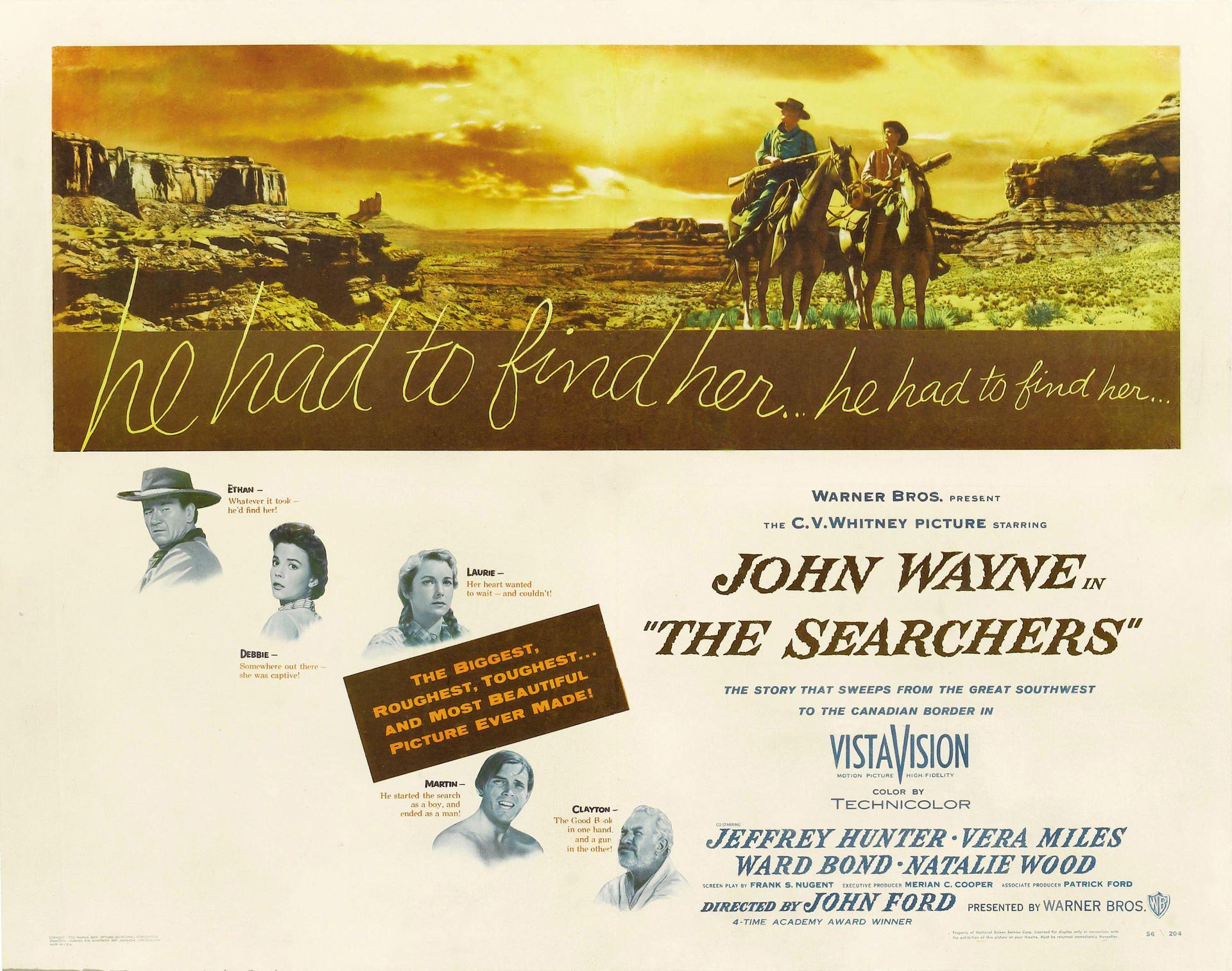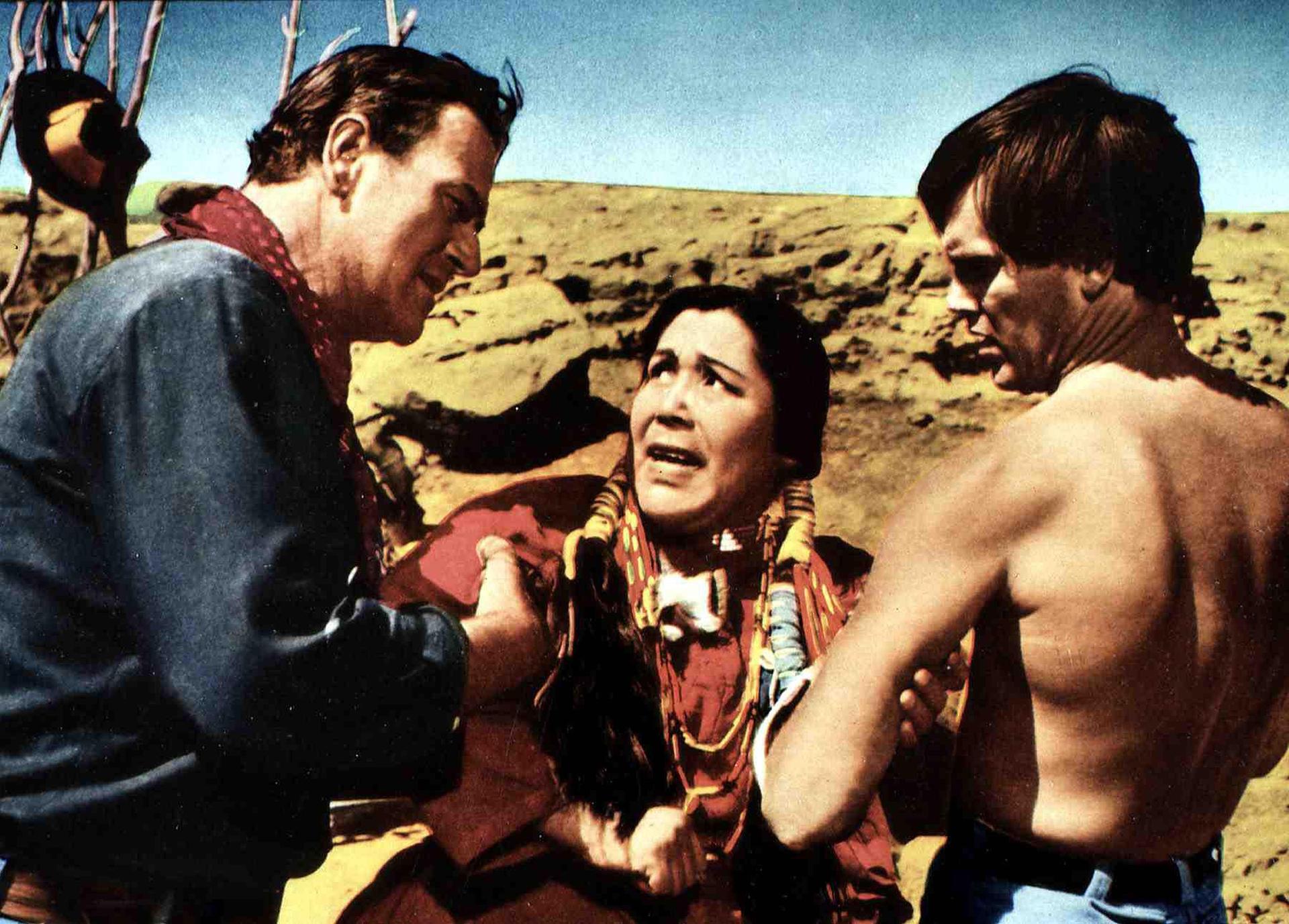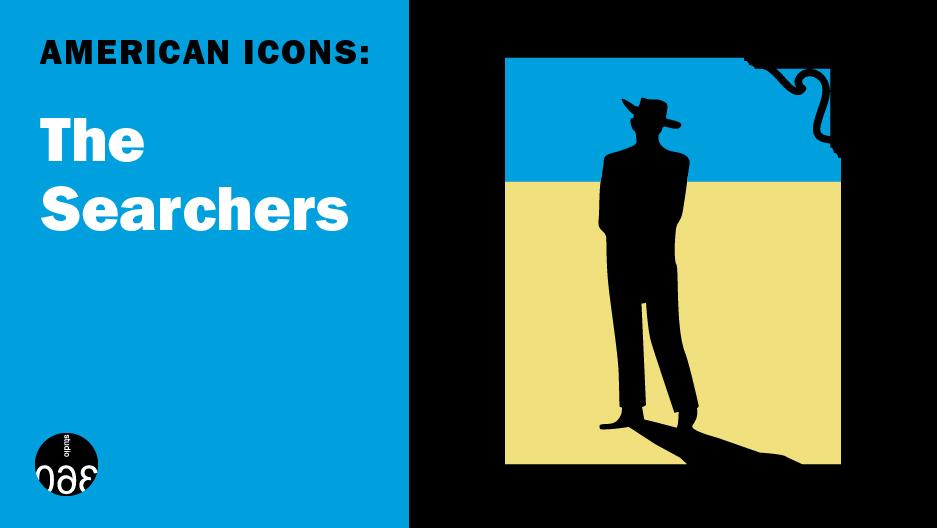American Icons: ‘The Searchers’
A problematic classic.
John Ford was over a hundred films deep in a directing career that had begun in the silent era when he set out to create a “psychological epic.” The resulting film, “The Searchers,” was a Western set against the bloody conflict between the native Comanche and Texas settlers after the Civil War.

“The Searchers” showcased John Wayne, turning his archetypal strength and stoicism into viciousness as a returned soldier hell-bent on revenge against the Comanche who killed his family in a raid. The plot invokes the centuries-old captivity narrative in the figure of his niece, played by Natalie Wood, who has been assimilated in the tribe; Wayne’s character considers killing her rather than allow her to live “corrupted.”
Race hatred this blatant had rarely been seen on film. However, in a society still steeped in segregation, critics and viewers barely noted the film’s overtones of racial violence when it was first released.
Today, many film critics call “The Searchers” awkward and unwatchable. Yet a generation of American directors has taken cues from Ford’s cinematography and stark psychological portraiture, including Steven Spielberg, Michael Cimino and Martin Scorcese, who called Wayne’s character “John Ford’s Ahab,” and claims to re-watch “The Searchers” up to twice a year. The figure of an honorable man demented by violence and revenge took its place as a new type of American anti-hero.

This installment of our American Icons series looks at “The Searchers” and its complicated legacy.
American Icons is made possible by a grant from the National Endowment for the Humanities.
(Originally aired December 20, 2018)
